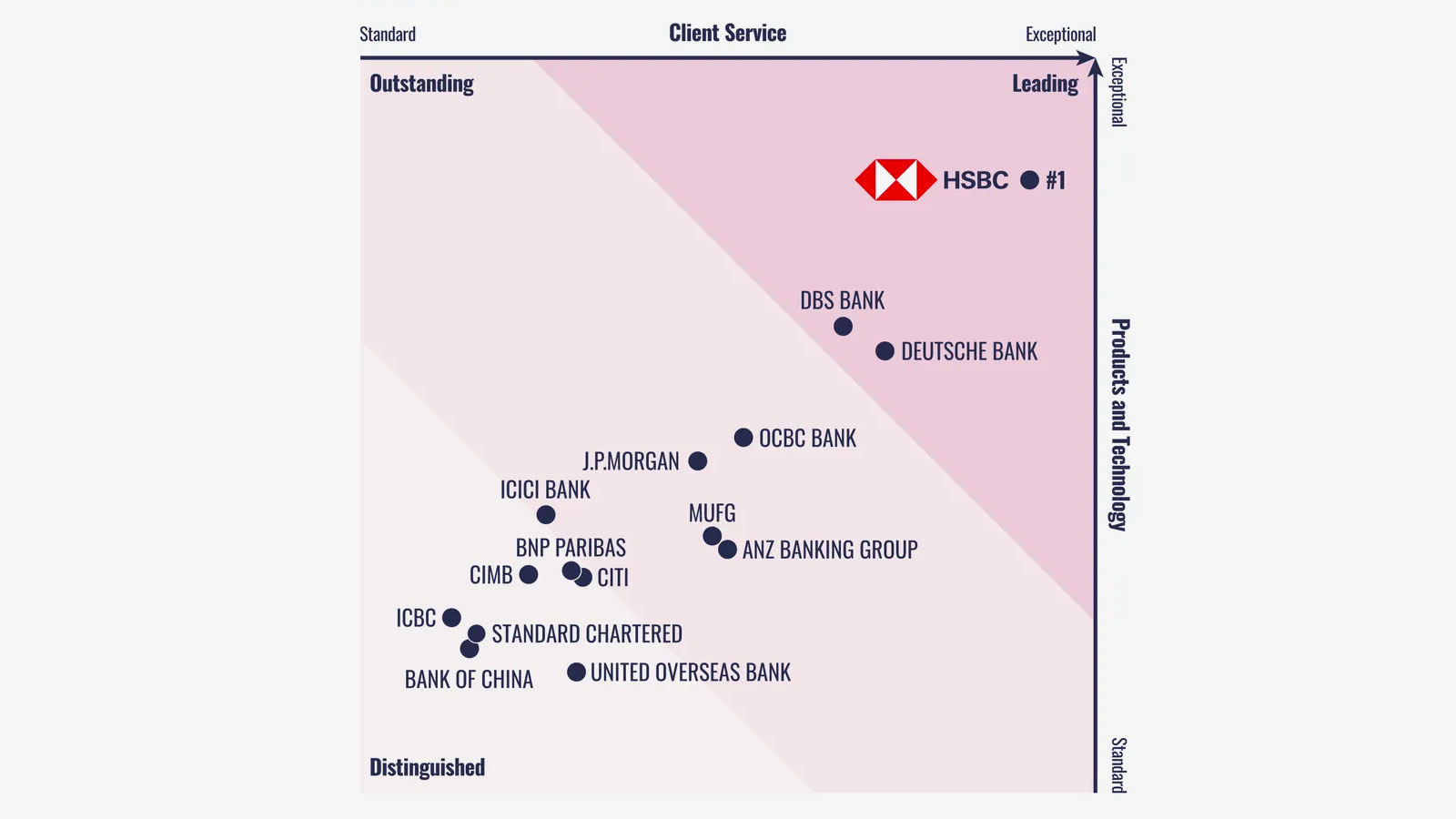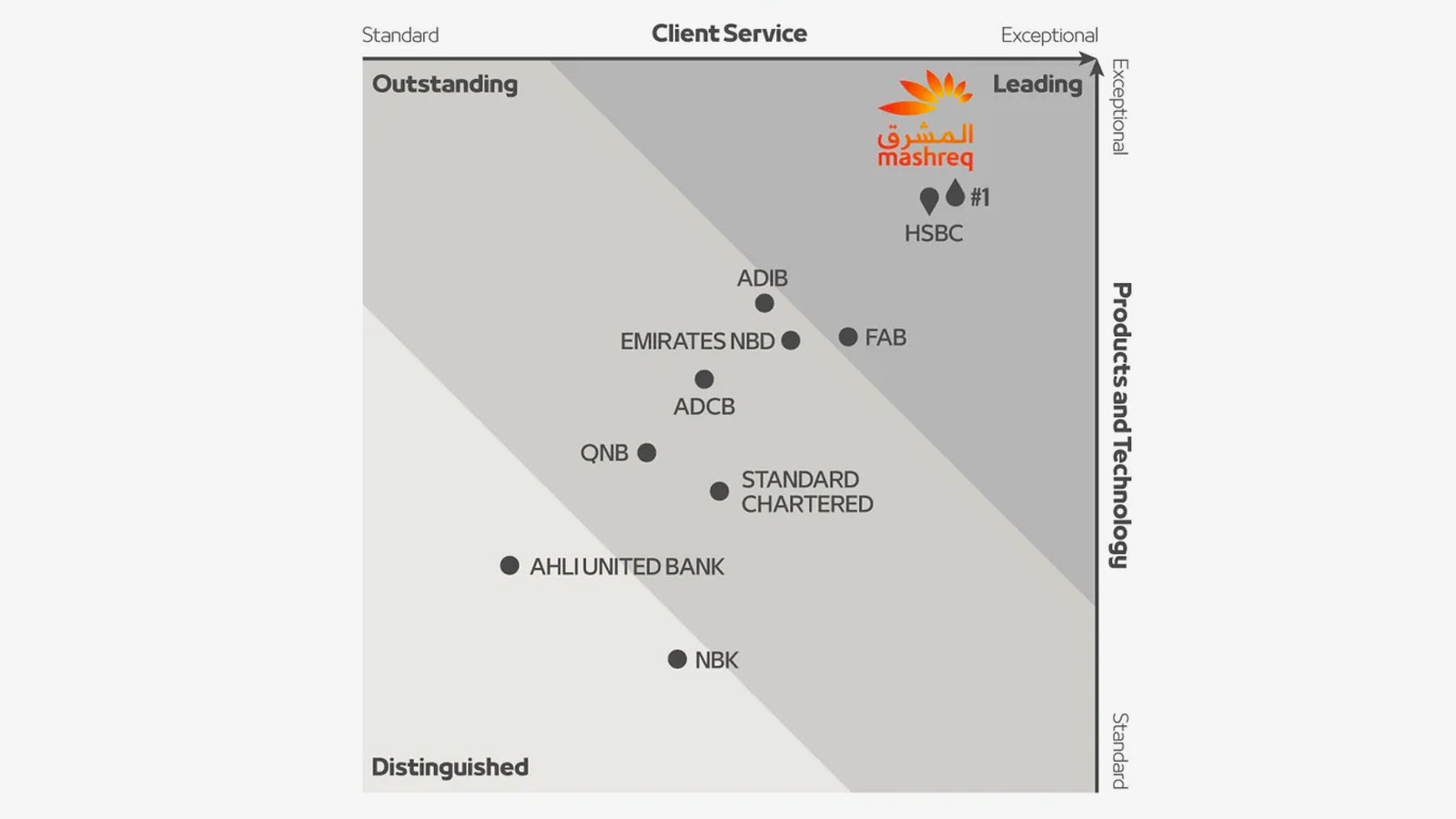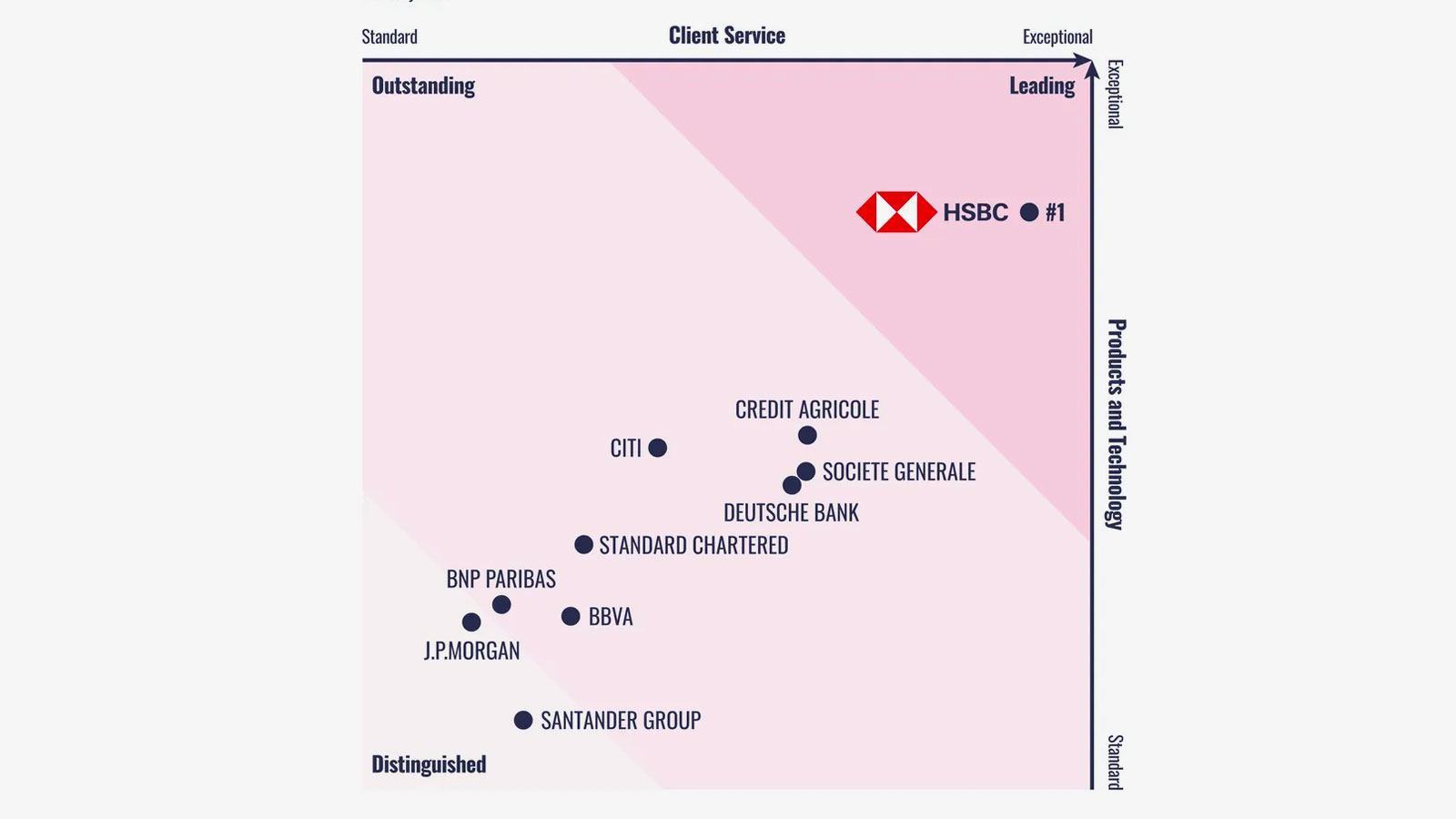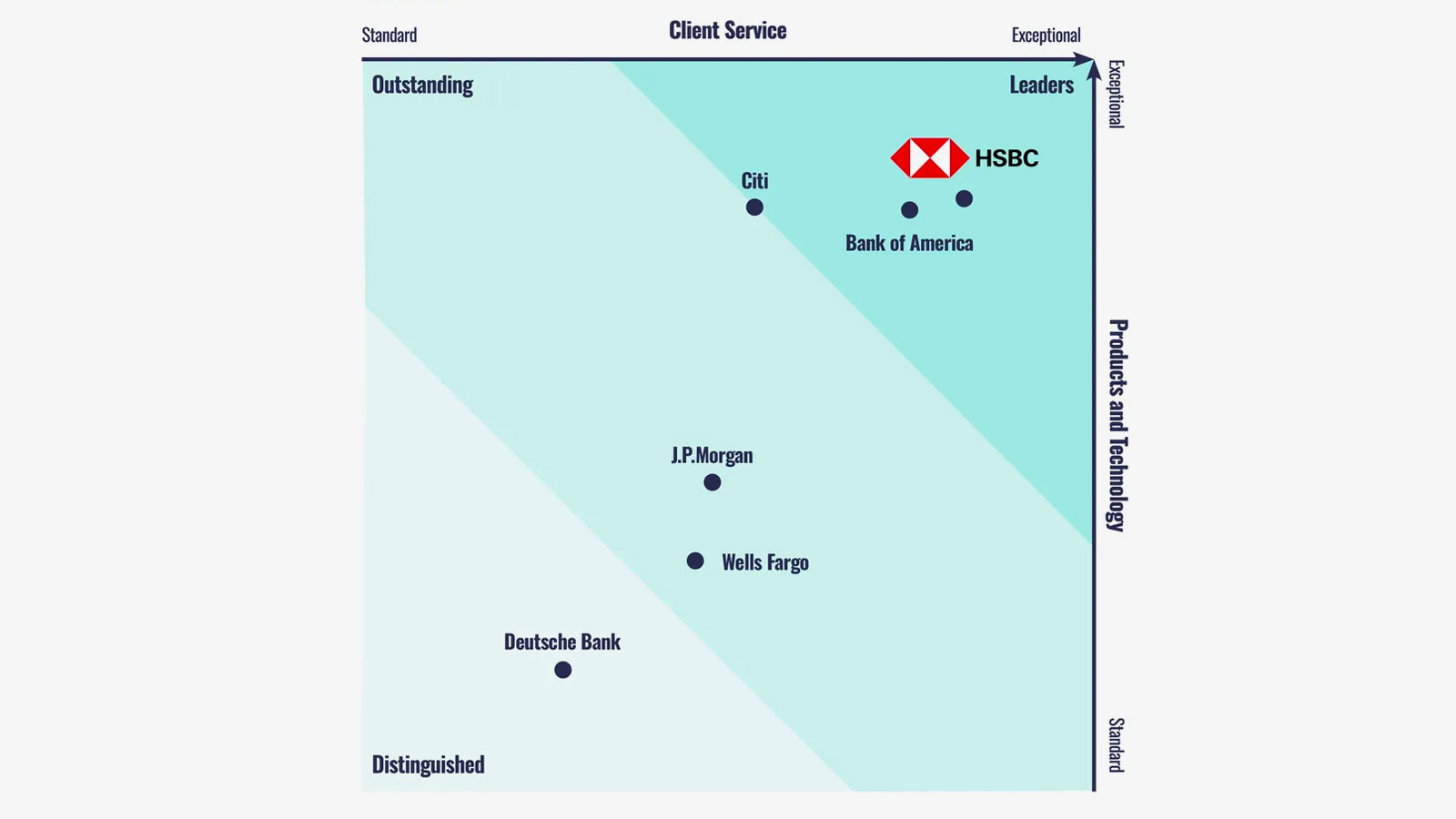
Overall credit strategy Overall trade ideas
return to the
Fixed income research 2014: Results index
| Overall credit strategy | |||
| 2014 | 2013 | Entity | Score |
| 1 | 1 | Société Générale – Suki Mann/Juan Valencia | 1,444 |
| 2 | 3 | JPMorgan – Stephen Dulake & team | 1,031 |
| 3 | 4 | Deutsche Bank – Jim Reid & team | 896 |
| 4 | 2 | Barclays – Soren Willemann | 875 |
| 5 | 5 | UniCredit – Philip Gisdakis & team | 867 |
| 6 | 8 | Natixis – Thibaut Cuilliere/Thomas Zlowodzki | 810 |
| 7 | 6 | Morgan Stanley | 700 |
| 8 | 14 | HSBC – Steven Major & team | 650 |
| 9 | 7 | BNP Paribas – Matthew Leeming/Mahesh Bhimalingam/Greg Venizelos | 622 |
| 10 | 10 | Bank of America Merrill Lynch | 576 |
| 11 | 9 | Citi | 471 |
| 12 | 13 | Commerzbank | 432 |
| 13 | 11 | Crédit Agricole CIB – Harpreet Parhar | 414 |
| 14 | 12 | RBS | 401 |
| 15 | Goldman Sachs | 264 | |
| Overall trade Ideas | |||
| 2014 | 2013 | Entity | Score |
| 1 | 1 | Société Générale – Simon Surtees/Vincent Chaigneau/Benoit Anne | 1,196 |
| 2 | 2 | Barclays – Soren Willemann | 855 |
| 3 | 3 | JPMorgan – Stephen Dulake & team | 790 |
| 4 | 4 | BNP Paribas -Pierre-Yves Bretonniere | 718 |
| 5 | 5 | Morgan Stanley | 711 |
| 6 | 8 | Natixis – Thibaut Cuilliere/Thomas Zlowodzki | 656 |
| 7 | 12 | Bank of America Merrill Lynch | 551 |
| 8 | 6 | UniCredit – Luis Maglanoc & team | 530 |
| 9 | 14 | HSBC – Steven Major & team | 502 |
| 10 | 7 | Deutsche Bank – Richard Phelan & team | 441 |
| 11 | 15 | Goldman Sachs | 400 |
| 12 | 9 | Crédit Agricole CIB – Elisa Belgacem | 394 |
| 13 | 10 | Citi | 381 |
| 14 | RBS | 282 | |
| 15 | 13 | Commerzbank | 281 |
Thanks for your interest in Euromoney!
To unlock this article:




